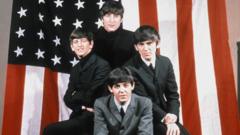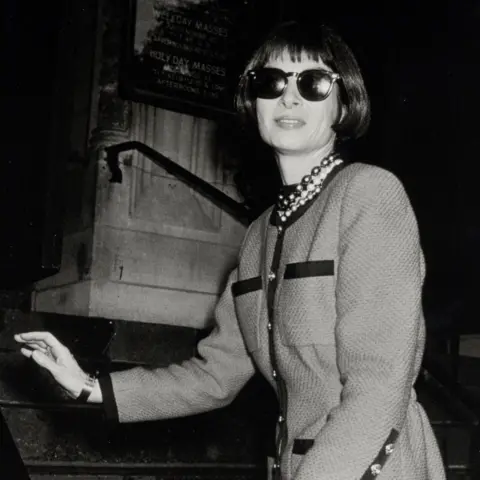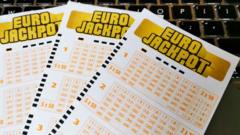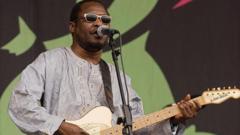As The Beatles made their historic debut in America, only 70 days had passed since the assassination of President John F. Kennedy, an event that deeply impacted the nation. Paul McCartney speculated that America sought solace and joy, which The Beatles inadvertently provided during this turbulent time. While Beatles scholars have noted the band's uplifting influence on a grieving public, the question remains: Did JFK's murder play a significant role in propelling The Beatles into the American spotlight?
Dr. Patrick Andelic, an American History specialist at Northumbria University, highlighted the moment's significance. Kennedy, often referred to as the first "TV president," had captivated the American public with his charisma and charm. His death marked the first assassination of a sitting president in the past sixty years, and the immediate aftermath triggered a profound sense of loss and uncertainty across the nation.
The Beatles, emerging as teenage icons in the UK with chart-topping hits like “Please Please Me” and “With The Beatles,” landed at the newly-named John F. Kennedy International Airport on February 7, 1964. According to Dr. Holly Tessler from the University of Liverpool, The Beatles had transformed into a cultural phenomenon even before their American debut, largely due to their memorable performance at the Royal Variety Show in 1963, which solidified their status in the UK.
The Beatles’ youthful energy resonated with American teens, much like JFK had before his tragic death. Dr. Andelic argued that the nation was hungry for something uplifting in the wake of grief. When The Beatles arrived, "they represented an opportunity to laugh and have fun again," he explained. Their playful demeanor provided a much-needed distraction for a nation seeking joy amid turmoil.
However, penetrating the American music market was no small feat. Many British artists had previously struggled to gain traction in the U.S. Capitol Records even hesitated to distribute The Beatles' music, fearful of repeating past failures. Initially, songs like “She Loves You” and “From Me To You” saw limited success in the U.S. However, after Kennedy's assassination, the band’s single “I Want To Hold Your Hand” exploded in popularity, ultimately reaching number one on the charts.
After landing in America, The Beatles’ breakthrough truly came during their appearance on “The Ed Sullivan Show.” The event was a cultural milestone, with over 70 million viewers tuning in. The broadcast captivated audiences, leading to Beatlemania sweeping across the nation within weeks.
While some experts, like Spencer Leigh, emphasize the significance of the Ed Sullivan Show over JFK's assassination in The Beatles’ U.S. success, others, like Dr. Tessler, argue that attributing their success solely to Kennedy's death simplifies a much more complex phenomenon. Although the assassination created a backdrop of mourning, the groundwork for The Beatles’ remarkable rise had already been laid well before the tragedy.
In conclusion, while there may be elements of truth to the idea that The Beatles helped lift a grieving America, their triumph was also a result of deliberate marketing strategies and performances that captivated millions. The intertwining of cultural moments reveals a multifaceted narrative that shaped the landscape of American music history during a pivotal time.









